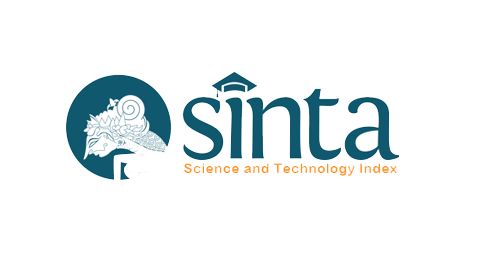Accessibility and Good Practices of the COVID-19 Vaccination Program for Vulnerable Groups
DOI:
https://doi.org/10.35568/healthcare.v5i2.3540Abstract
The COVID-19 pandemic is still ongoing in all parts of the world in the first quarter of 2022. The vaccination program is implemented for all Indonesian people, including vulnerable groups. The purpose of this study was to find out the accessibility and good practices of the COVID-19 vaccination program for vulnerable groups (elderly, disabled, children, and the transgender community) in the Special Region of Yogyakarta. This research is a qualitative research with an explanatory case study research design. Collecting data using the interview method. Furthermore, the data that has been obtained was analyzed by thematic analysis method. The results of the research on 7 participants obtained 25 codes, 5 sub-themes and 2 research themes, namely accessibility and good practice. Accessibility has 3 sub-themes namely administration, information and infrastructure. While good practice consists of 2 sub-themes, namely collaboration and contribution. The conclusion from this study is that in general the vaccination program has been accessible to vulnerable groups, although there are still some obstacles, there are also some good practices from various parties in making the vaccination program successful for vulnerable groups. Researchers suggest that data collection on vulnerable groups can be carried out periodically and continuously. So that it can be used for mapping communication strategies, socialization and implementation of vaccination activities in the future.
Downloads
Downloads
Published
Issue
Section
License
Copyright (c) 2023 HealthCare Nursing Journal

This work is licensed under a Creative Commons Attribution 4.0 International License.

















